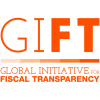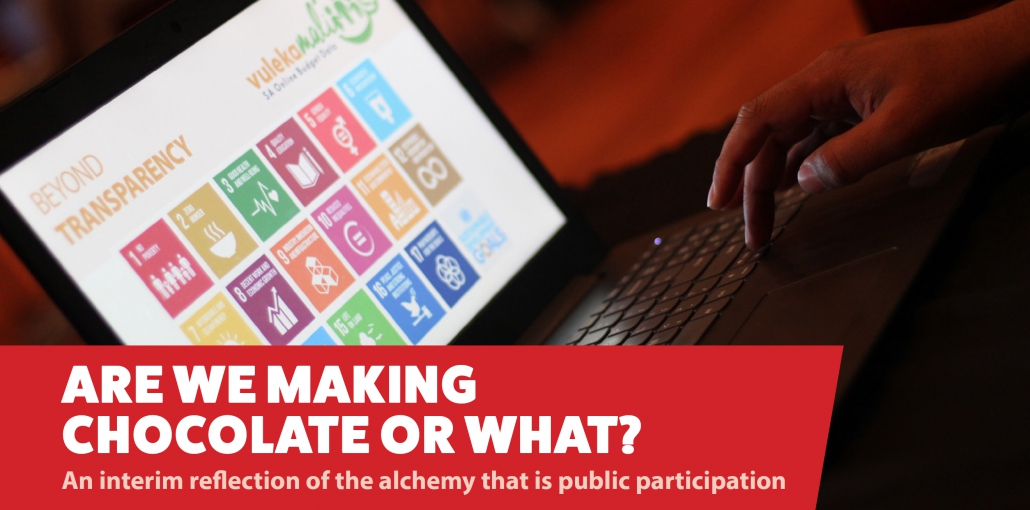
One of the key learnings from the adoption of the Millennium Development Goals was that States need to strengthen their means of implementation to address the challenges posed by sustainable development. Such a challenge is even more significant when addressing the Sustainable Development Goals (SDGs), due to their increased scope and interrelation of objectives. To address this task, the States should have robust Public Financial Management systems that enable them to have responsive institutions.
During this webinar series on SDGs composed by four webinars, we will cover different aspects of the institutional principles embedded in SDG 16 -access to information, transparency, accountability, anti-corruption, inclusiveness of decision-making processes, and non-discrimination- in respect to Public Financial Management. Additionally, we will analyze how the budget process is instrumental to the fulfillment of the SDGs, as well as experiences on how countries are progressing in linking their budget process with the SDGs. Finally, we will present innovative experiences using budget analysis to inform policy-making as well as the role that civil society can have in the process.
This set of webinars responds to a poll on social media asking GIFT followers their priority topics, where budgeting for SDGs was number one, followed by gender budgeting.
Target public: Experts from ministries of finance, civil society organizations, and academia.

Representatives from UNDESA presented the findings on the World Public Sector Report of 2019. The report surveys global trends in the implementation of the institutional principles, documenting both the availability of information on those trends and the status of knowledge about the effectiveness of related policies and institutional arrangements in different national contexts. It also demonstrates how the institutional principles of SDG 16 have been informing the development of institutions in various areas, including gender equality and women’s empowerment (SDG 5).
Download the presentation used during the webinar or the UNDESA World Public Sector Report.
• Representatives from UNDESA
Aranzazu Guillan Montero Senior Governance and Public Administration Officer, UNDESA
David Le Blanc Chief, Development Management Branch, UNDESA
• A brief introduction from 2 Network Director, GIFT

This webinar will present different methodological approaches that countries are using to link the budget with the SDGs, including considerations of the dissimilar progress and challenging contexts. With that context, two cases of linking the budget with SDGs will be presented by the experts in charge of the implementation. The first one is the case of Mexico, which is considered to be a pioneer in the comprehensive implementation of SDG tagging of the budget and linking with performance indicators. The second one is the case of Nepal (TBC), which has developed a form of informing prioritization of budget decisions towards the SDGs.
• Lorena Rivero Manager for Technical Cooperation and Collaboration, GIFT
• Suren Poghosyan International Public Financial Management Specialist at UNDP
• Ramón Narvaez WHT Scholar, University of Oxford. Former Deputy Director of Performance Monitoring in the Ministry of Finance of Mexico, developing the methodology to link the budget to the SDGs.
Download the presentation used during the webinar: Lorena Rivero – Suren Poghosyan – Ramón Narvaez

Civil society organizations and academia are important actors to measure the progress towards SDGs, and can be, at the same time enablers of achieving the goals. Their role goes from external monitoring and evaluation, to active advocates and bridges of marginalized communities towards fiscal and spending policies. In this webinar representatives from civil society and academia will present how they use and could use the inputs from SDG budgeting to strengthen the sustainable development agenda.
• Ricardo Barrientos, Senior Economist, Central American Institute of Fiscal Studies (ICEFI).
• Walter Figueroa, Senior Economist, ICEFI.
Moderator: Claire Schouten, Senior Program Officer, International Advocacy, International Budget Partnership (IBP).
Download the presentation used during the webinar.

If we are looking to achieve the SDGs, we need to think big, bold and different. We need to consider the opportunities that present technologies and innovations around the world provide for the development of better budgets, including service delivery, and fiscal policies, as well as the needs of the future in mind. During this webinar we will explore innovations towards achieving the SDGs through the UNDP acceleration labs and projects that use machine learning to improve public policy:
The UNDP acceleration labs seek to transform the collective approach to find radically new approaches that fit the complexity of current development challenges. They will introduce new services, backed by evidence and practice, and by accelerating the testing and dissemination of solutions within and across countries.
The Policy Priorities Inference (PPI) computational framework being developed in the Alan Turing Institute, builds on a behavioral model of the policymaking process, including the learning process of public officials, coordination problems, incomplete information, and imperfect monitoring mechanisms. PPI simulates the complex and uncertain dynamics observed in development-indicator data. If governments provide a detailed account of their allocations at the level of each development indicator, PPI can be tuned to match expenditure patterns. This would represent a major improvement in the estimation of policy priorities.
Who:
• Omar Guerrero Senior Research Fellow, Alan Turing Institute
• Lorena Rivero Manager for Technical Cooperation and Collaboration, GIFT
Download the presentation used during the webinar: Lorena Rivero – Omar Guerrero

